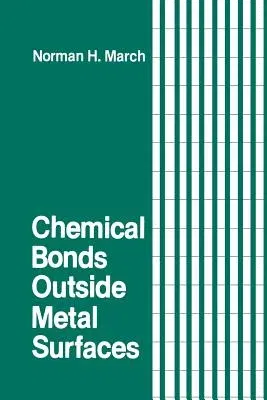Norman H March
(Author)Chemical Bonds Outside Metal Surfaces (Softcover Reprint of the Original 1st 1986)Paperback - Softcover Reprint of the Original 1st 1986, 30 September 2011

Qty
1
Turbo
Ships in 2 - 3 days
In Stock
Free Delivery
Cash on Delivery
15 Days
Free Returns
Secure Checkout
Part of Series
Physics of Solids and Liquids
Print Length
294 pages
Language
English
Publisher
Springer
Date Published
30 Sep 2011
ISBN-10
1461292522
ISBN-13
9781461292524
Description
Product Details
Author:
Book Edition:
Softcover Reprint of the Original 1st 1986
Book Format:
Paperback
Country of Origin:
NL
Date Published:
30 September 2011
Dimensions:
22.86 x
15.24 x
1.6 cm
ISBN-10:
1461292522
ISBN-13:
9781461292524
Language:
English
Location:
New York, NY
Pages:
294
Publisher:
Weight:
403.7 gm

